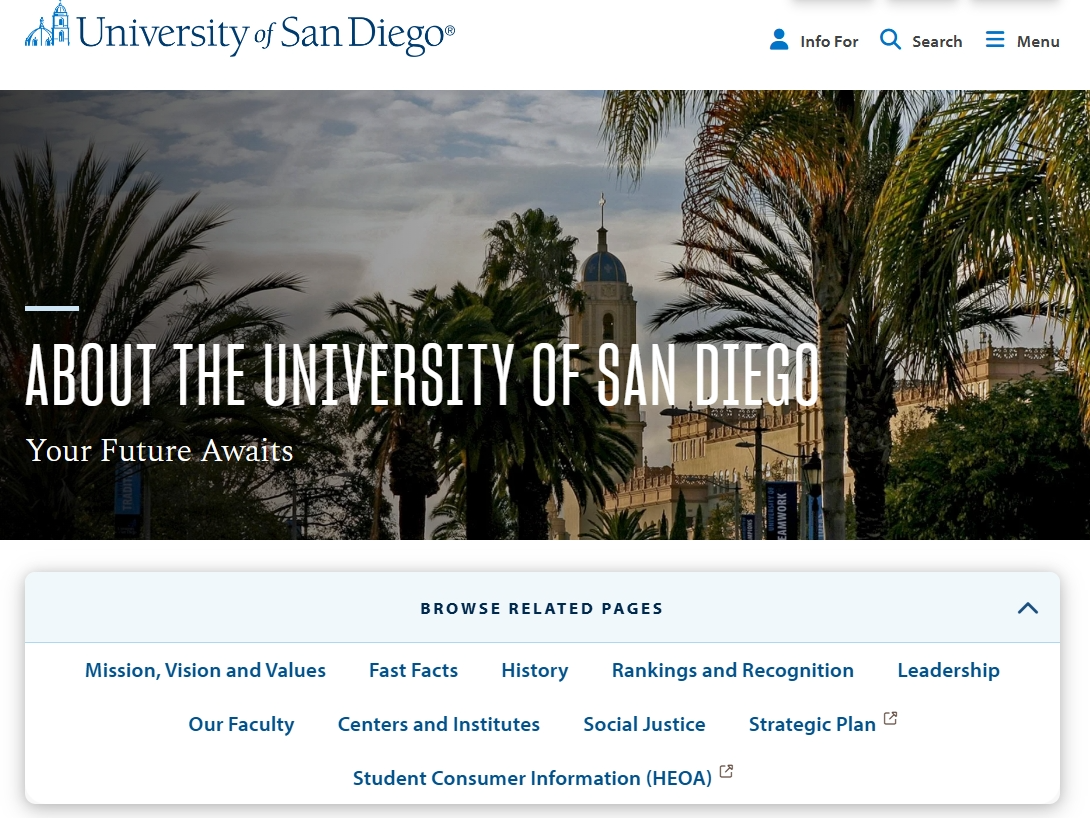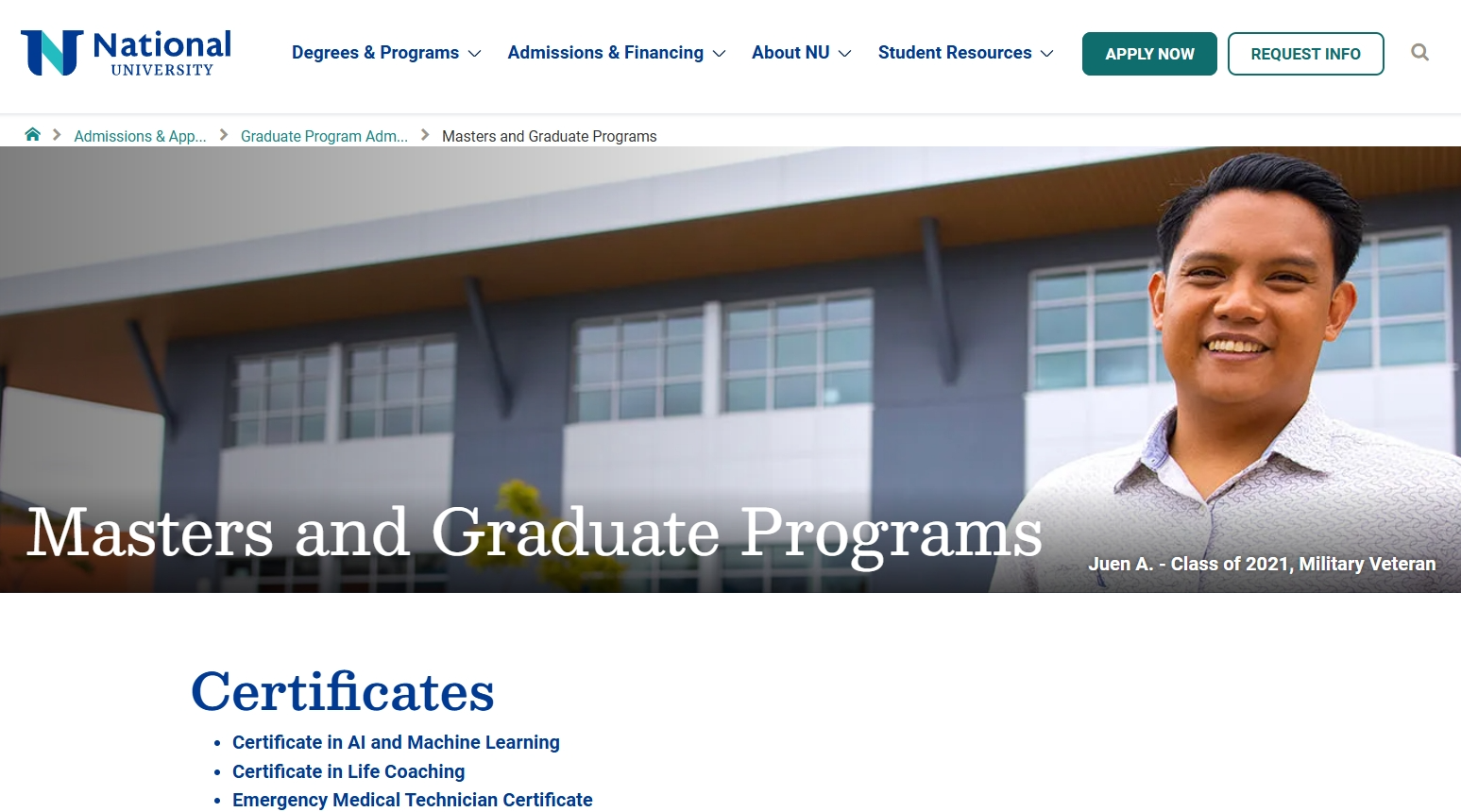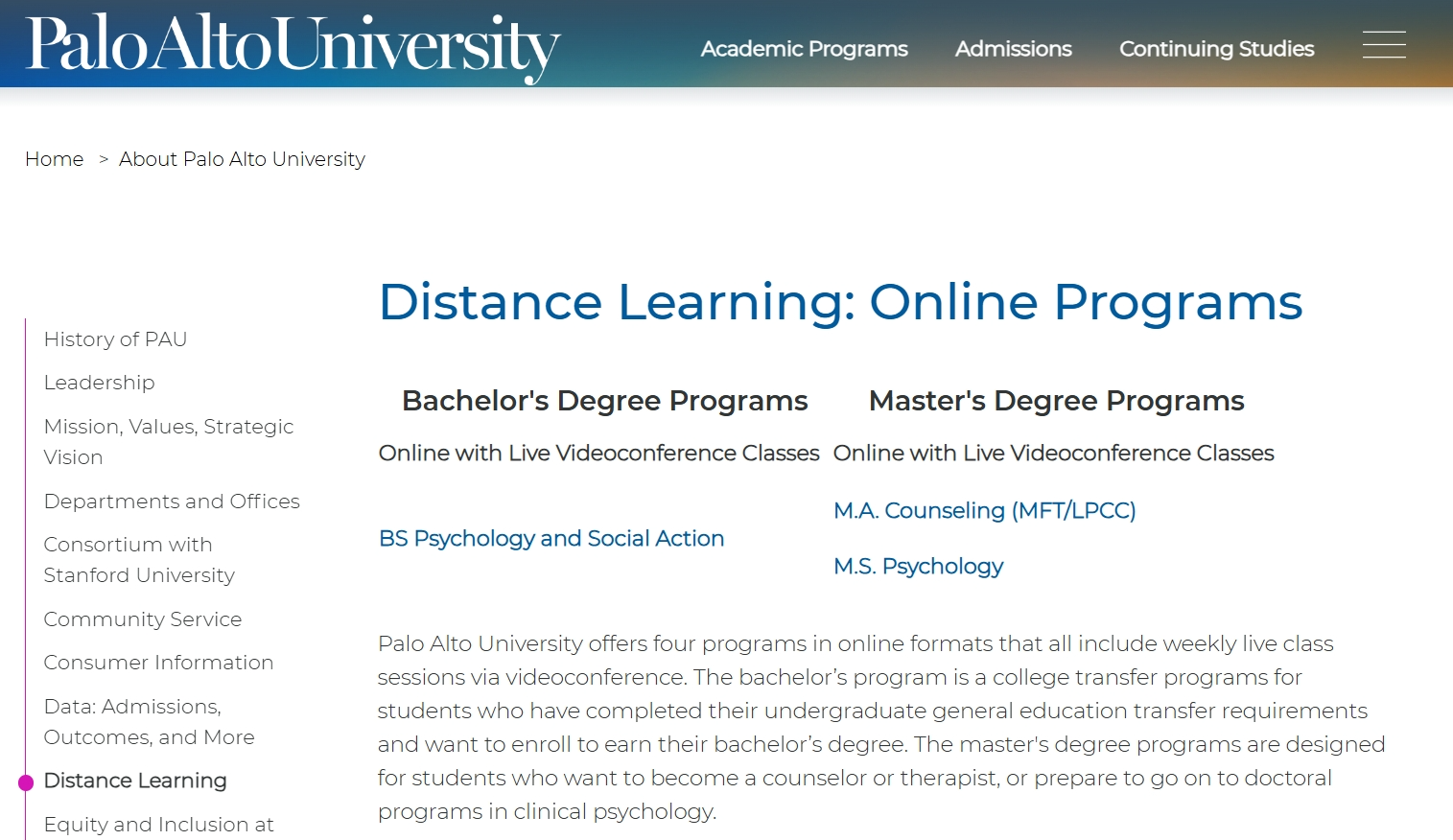
In California, numerous institutions now provide affordable online programs that cater to a diverse range of learners, from busy professionals to parents balancing work and family responsibilities. These programs reduce the financial burden associated with tuition and eliminate additional costs such as commuting, housing, and meal plans.
Students can focus on their studies without the stress of overwhelming expenses. Surveys indicate that about 96% of online program alumni recommend online learning, suggesting high satisfaction rates among graduates of these programs.
For many students in California, the rising costs of traditional college programs can be a daunting barrier to achieving their academic and career goals. However, the advent of online education has transformed this landscape, offering a viable alternative that combines affordability with flexibility. Understanding these options empowers students to make informed decisions about their educational paths, ensuring they can pursue their aspirations without compromising financial stability.
Online college tuition cost in California
The cost of online college tuition in California varies significantly based on the type of institution and the residency status of the student. As of 2022, the average annual tuition and fees for online programs across the state’s 165 institutions was approximately $15,766, reflecting a 5% increase since 2018.
The cost of online programs can vary depending on several factors. The type of program, whether it’s a certificate, associate’s, bachelor’s, or master’s degree, can influence tuition costs. While many online institutions maintain similar tuition rates to their on-campus programs, additional fees may apply. Enrolling in an online college would still help a student learn the necessary skills needed for their future careers.
Tuition Breakdown by Institution Type
- Public Four-Year Colleges:
- In-State Students: The average tuition is around $8,637 per year.
- Out-of-State Students: Tuition can soar to about $32,967, highlighting the financial advantages for residents.
- Private Four-Year Colleges: Tuition rates are considerably higher, averaging around $42,017 annually. For example, institutions like the University of La Verne charge approximately $45,850, making them less accessible for budget-conscious students.
- Community Colleges: For those looking to minimize costs further, attending a community college can be a strategic choice. California offers programs that allow students to complete their associate degrees for free if they meet certain qualifications, which can then be transferred to four-year institutions.
Financial aid options
Financial aid options for online students in California are diverse and can significantly reduce the cost of higher education. The Free Application for Federal Student Aid (FAFSA) is a crucial tool for accessing federal grants, loans, and work-study programs. Additionally, California offers state-specific financial aid options, such as the Cal Grant program, which provides grants to eligible students based on financial need and academic merit. Scholarships, both merit-based and need-based, are another valuable source of funding.
- FAFSA: The Free Application for Federal Student Aid is the first step for students seeking federal financial aid. Completing the FAFSA determines eligibility for grants, loans, and work-study programs.
- Pell Grants: These are need-based grants that do not require repayment, available to eligible undergraduate students. The maximum award for the 2022-23 academic year was up to $6,895.
- Federal Loans: Students can access subsidized and unsubsidized federal loans. Subsidized loans do not accrue interest while the student is in school, while unsubsidized loans begin accruing interest immediately.
- State Financial Aid: Many states offer their own financial aid programs, including grants and scholarships specifically for residents attending in-state colleges. Eligibility requirements and available programs vary by state.
- Work-Study Programs: The federal work-study program allows students to earn money while attending school by working part-time jobs, which can be on-campus or off-campus depending on the institution’s offerings.
Many online institutions offer scholarships to students who excel academically or demonstrate specific talents or interests. It’s important to research the specific financial aid opportunities available at each institution, as eligibility criteria and application deadlines may vary. You can also consider factors on how to make college more affordable. This can include creating a budget or purchasing discounted books.
California’s Most Affordable Online Programs
One of the most compelling reasons to seek out affordable online education programs In California is the potential for significant cost savings. Traditional college tuition can be prohibitively expensive, often leading to substantial student debt. Online programs typically offer lower tuition rates compared to their on-campus counterparts, making education more accessible to a broader range of individuals.
University of San Diego

The University of San Diego (USD) is a private Catholic university renowned for its commitment to academic excellence and a holistic educational experience. Located in sunny San Diego, California, USD offers rigorous academic programs across a variety of disciplines, from business and engineering to liberal arts and nursing.
The university’s vibrant campus life is enriched by student organizations, cultural events, and a strong sense of community. With a focus on values-based education, USD instills in its students the principles of social justice, ethics, and community service.
Program length: 2 years
Cost: $1,555 per unit
Required credits: 36-54 units
Accreditation: WASC Senior College and University Commission (WSCUC)
National University

National University is a private, nonprofit institution committed to providing accessible and flexible education for adult learners. Based in California, the university offers over 190 degree programs, including more than 45 fully online options. These programs span a wide range of disciplines, including business, education, engineering, healthcare, and the arts.
National University’s accelerated learning model, which allows students to complete courses in a four-week format, is particularly appealing to working adults who need to balance their studies with their professional and personal lives. The university’s comprehensive career services, including resume workshops, job placement assistance, and networking opportunities, help students transition smoothly into the workforce.
Program length: 4 weeks to 2 years
Cost: $370 per credit
Required credits: 45 units
Accreditation: WASC Senior College and University Commission (WSCUC)
California State University

California State University (CSU) is a public university system with 23 campuses spread across California. Committed to fostering an inclusive environment, CSU reflects the state’s diversity by enrolling a significant number of first-generation college students and underrepresented minorities. This diversity enriches the educational experience and prepares students to thrive in a globalized workforce.
Beyond academics, CSU is recognized for its contributions to research and innovation. Each campus engages in various research initiatives addressing critical issues, both locally and globally. CSU also promotes undergraduate research opportunities, allowing students to collaborate with faculty on projects that enhance their learning and prepare them for future academic or professional pursuits.
Program length: 2-3 years
Cost: $388 per credit
Required credits: 30-36 units
Accreditation: WASC Senior College and University Commission (WSCUC)
Palo Alto University

Palo Alto University (PAU) is a private, nonprofit institution specializing in behavioral health disciplines such as psychology, counseling, and social work. Located in Palo Alto, California, PAU adheres to a practitioner-scientist model of training, emphasizing the integration of clinical practice with scientific research.
Students benefit from the Gronowski Center, a mental health clinic that offers practical training opportunities while providing subsidized services to the community. Students are encouraged to engage with real-world issues through their coursework and internships.
Program length: 2 years
Cost: $1,200 per credit
Required credits: 60-90 units
Accreditation: WASC Senior College and University Commission (WSCUC)
Touro University Worldwide

Touro University Worldwide (TUW) is a private, nonprofit institution based in Los Alamitos, California, committed to providing accessible, high-quality education through innovative online programs. TUW prioritizes student success by offering robust support services.
With a favorable student-to-faculty ratio of 9:1, the university fosters a personalized learning environment where students receive individual attention from faculty members. Additionally, TUW provides various resources, including academic advising, career services, and access to online libraries, to help students thrive throughout their educational journey.
Program length: 2 years
Cost: $500 per credit
Required credits: 36 units
Accreditation: WASC Senior College and University Commission (WSCUC)
Choosing the right online college in California
It is essential for a student to carefully consider several key factors when choosing the right college. This is to ensure that the institution meets your educational and personal needs. First and foremost, tuition costs are critical; online programs can vary significantly in price, with public institutions generally offering more affordable rates for in-state students than out-of-state tuition. It’s essential to compare the tuition rates of different colleges and factor in any additional fees that may apply, as these can impact the overall cost of your education.
Another important consideration is the accreditation of the college. Attending an accredited institution ensures that the education you receive meets established standards of quality and that your degree will be recognized by employers and other educational institutions. You can verify a school’s accreditation status through resources such as the U.S. Department of Education or the Council for Higher Education Accreditation.
Conclusion
The e-learning market is projected to grow by 20.5% from 2022 to 2030, indicating a robust demand for online education options 1. Additionally, the global e-learning industry is expected to reach a value of $325 billion by 2025. Pursuing higher education on a budget in California is feasible and also offers a wealth of opportunities through various affordable online programs. The availability of diverse programs tailored to meet the needs of working adults and non-traditional learners further enhances the appeal of online education.
It is important to carefully evaluate tuition costs, program offerings, and available financial aid options to make informed decisions that align with their educational and career goals. California’s commitment to providing accessible and affordable online education empowers individuals to achieve their aspirations while maintaining financial stability.








































































































